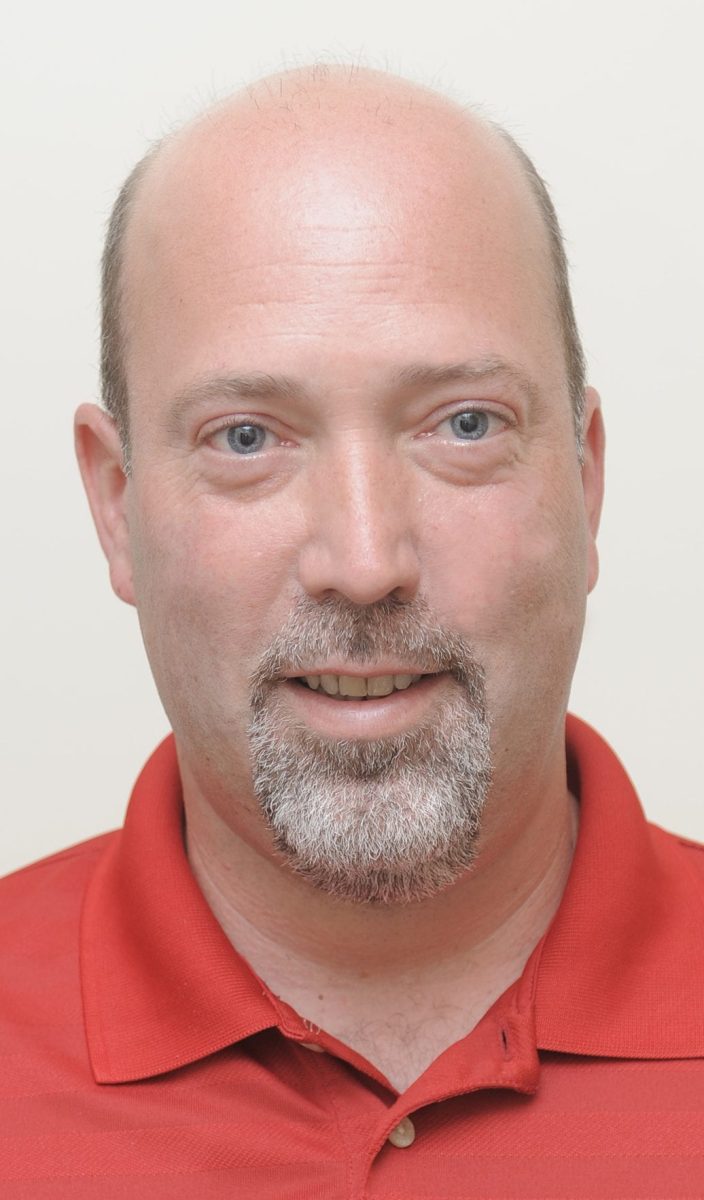WESTFIELD – The Health Department is preparing to launch a family-oriented program intended to instill healthy life choices in children, choices which will serve them throughout their lives.
The Board of Health endorsed a pamphlet describing the Westfield Childhood Wellness Program Wednesday night, with plans to initiate the program citywide this fall.
The program is based upon Let’s Go, nationally recognized childhood obesity prevention program implemented throughout Maine and in a few communities in neighboring states. (See more at: http://www.letsgo.org/#sthash.xp7bW7SB.dpuf)
The program encourages parents to provide healthy food and exercise options and to limit children’s exposure to sugary drinks and time spent playing electronic games.
The program proposes that families adopt a “5210 Every Day Model” in which the 5 represents a diet of five or more fruits and vegetables, fresh, frozen or canned every day; the 2 is a restriction of recreational screen time to two hours or less with the advice to keep televisions and computers out of children’s bedrooms; the 1 in the formula for a healthy lifestyle is the amount of physical activity, at least an hour a day if not longer; while the 0 is consumption of sugary drinks, sugars found in juices, sodas, sports and energy drinks, which should be replaced with water and low –fat milk.
Health Director Joseph Rouse said the pamphlets will be printed shortly and that the department will coordinate with the Westfield Gas & Electric Department in insert the Westfield Childhood Wellness promotion in the utility bills later this fall.
The Health Board also discussed several other issues, including the disposal of liquid medication. The Health Department, in conjunction with the Police Department have a kiosk for collection of medication in the lobby of the police headquarters at 15 Washington Street.
Residents are prohibited from disposing of liquid medications at that location because of issues such as accidental spillage and currently there is no other option for disposal of those medications.
Health Board member Michael Paquette, a registered pharmacist, said the problem with collection of liquid medications is restrictions on transportation of those materials by state and federal agencies and, in some cases, have to be handled in compliance of regulations for disposal as hazardous materials.
Paquette said that residents wishing to dispose of liquid medication can pay a licensed hazardous material vendor and that some pharmacies provide mail-in disposal boxes to residents to dispose of those medications.
Rouse suggested that a collection program, with the Police Department, could allow residents to bring liquid medication to the police headquarters where they could be collected and disposed of when the department brings confiscated narcotics to the West Springfield incinerator for destruction.
“But again there is the transportation issue and I don’t want to put the Police Department in jeopardy of being fined for unauthorized transportation,” Rouse said.
Paquette said that he will research regulations pertaining to transportation and disposal of the liquid medication and report back to the Health Board.


